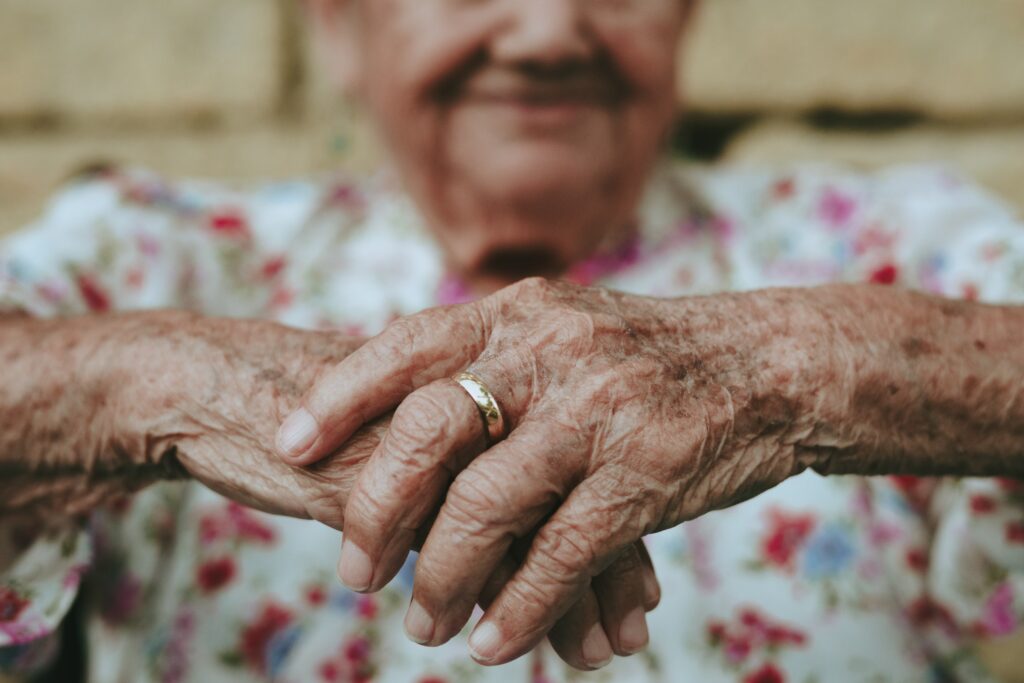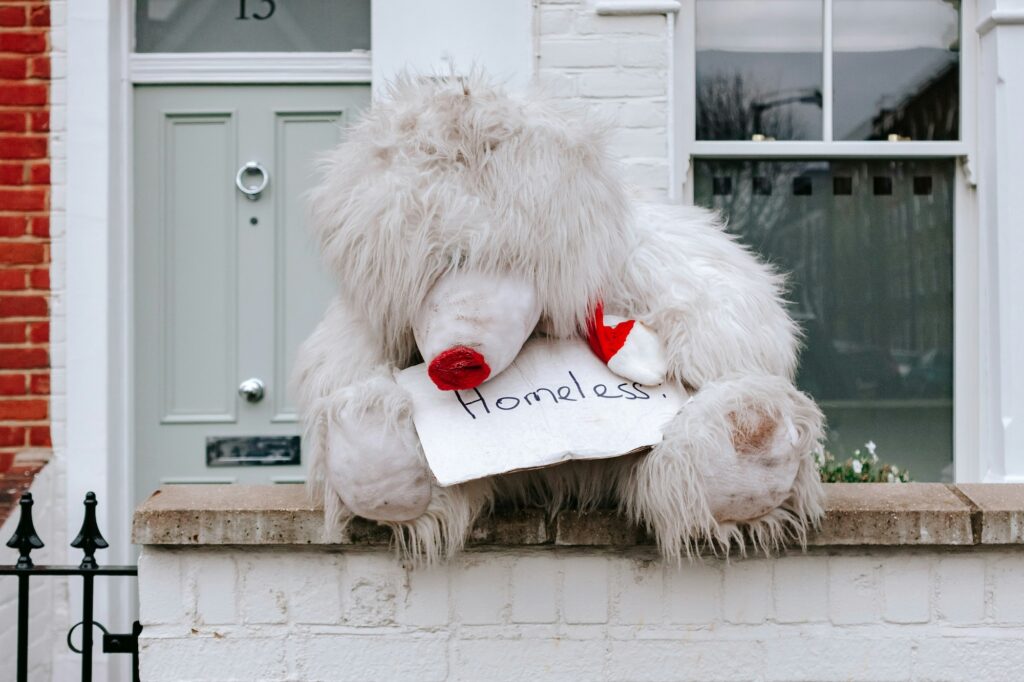Ahead of international Women’s Health Day, Bethan Edwards explains why gender should be taken into account in palliative and end of life care.
Ahead of international Women’s Health Day, Bethan Edwards reports on why gender should be taken into account in palliative and end of life care
In the lead up to International Women’s Health Day on May 28, the leading end of life charity, Marie Curie, is calling on Welsh Government and NHS Wales to take gender into account in palliative and end of life care.
The research explores how gender may be impacting end of life experience within Marie Curie services, but its final recommendations are relevant and applicable to palliative and end of life care services across Wales. Although no evident gender inequities were found in the delivery of care provided by Marie Curie, the research indicates that outdated gender norms appear to influence end of life preferences, experiences, and outcomes, for people at the end of their life and their carers alike.
There was a general consensus among internal staff at Marie Curie and external healthcare professionals that gender norms around women as natural caregivers continue to lead to a disproportionate pressure on women.
Dying at home: do women have an equal say?
While most people prefer to die in their own home, the research findings suggest that men are more likely than women to express a preference. Existing international evidence shows that women often associate dying at home with being a burden on their loved ones. Additionally, some studies have shown that those who have previously been carers (who are women in their majority), are less likely to want to die at home due to a greater understanding of caring pressures.
The research also indicated, although in small numbers, that slightly more women than men in the community are dying in places other than their stated preference, namely in care/nursing homes and hospitals. Further research is needed to investigate whether this is indeed a gender inequity playing out in Wales, and what packages need to be available to enable women to die at home if they wish to.
Syniadau uchelgeisiol, awdurdodol a mentrus.
Ymunwch â ni i gyfrannu at wneud Cymru gwell.
Many women who have been diagnosed with a terminal illness struggle with the thought of being a burden on family and loved ones. As suggested above, if women seek to prioritise others’ needs over theirs, it can impact their end of life care preferences and outcomes.
Sam (Caerleon) who has lung, lymph, plura and spinal cancer, openly shares the challenge of balancing her terminal diagnosis and family life :
‘I can feel like a burden, but at the same time I get annoyed at that, because sometimes, for example, if Simon’s been in work all day, I’ll still be cooking in the kitchen at the end of the day – and I’m not going to eat, because I feel really sick. So, I question why am I doing this and then I think, “well, it’s a fair distribution of work really”, but is it? Or am I doing it because it’s a stereotype?’
How do gender biases affect carers?
There was a general consensus among internal staff at Marie Curie and external healthcare professionals that gender norms around women as natural caregivers continue to lead to a disproportionate pressure on women. Meanwhile, it was also agreed among healthcare professionals that when men are providing care to someone at the end of their life, they are less likely to seek formal support, both for them in their carer position and for the person they are caring for. This ultimately leads to negative consequences for the carer and patient, who do not receive the support they need.
Ultimately, we need to eliminate gender norms around who should be a caregiver and who should be seeking help, and ensure more support is available to those in unpaid caring positions.
The below quote shared by a Marie Curie Senior Nurse in Wales encapsulates this:
‘He didn’t want to obviously wash [his mother] and do her personal care but yet didn’t want to get any carers into the home… so he put her in a care home. And I tried saying, you know, it’s doable at home, it’s manageable, we can get everybody in place. No, he didn’t want carers coming in and out of the house.’
Ultimately, we need to eliminate gender norms around who should be a caregiver and who should be seeking help, and ensure more support is available to those in unpaid caring positions.
What can be done?
The Marie Curie report makes several recommendations for various stakeholders, including Welsh Government, NHS Wales and The National Programme Board for End of Life Care. We ask that the Welsh Government ensures that palliative and end of life care is included in the upcoming Women and Girl’s Health Plan, and recommend that it promotes further research into how gender impacts dying, death and bereavement.
This new research from Marie Curie is one step in the right direction in beginning to unpack how gender impacts end of life experience. While many unanswered questions remain, we hope that future researchers explore this issue further to ensure everyone in Wales has the best end of life possible, no matter their gender.
All articles published on the welsh agenda are subject to IWA’s disclaimer. If you want to support our work tackling Wales’ key challenges, consider becoming a member.





